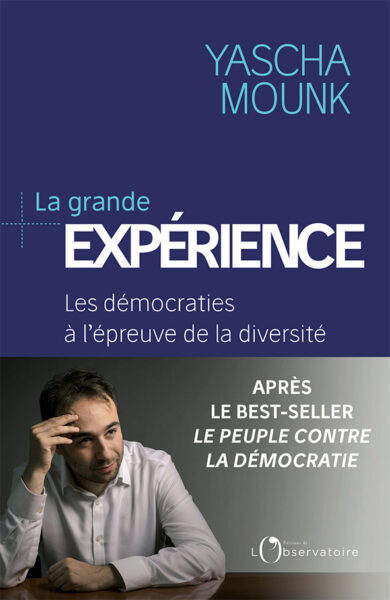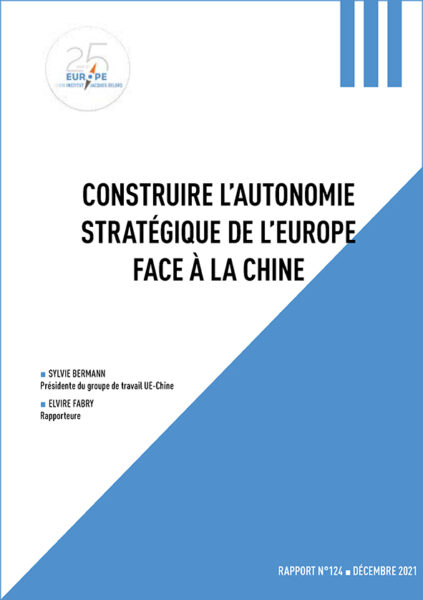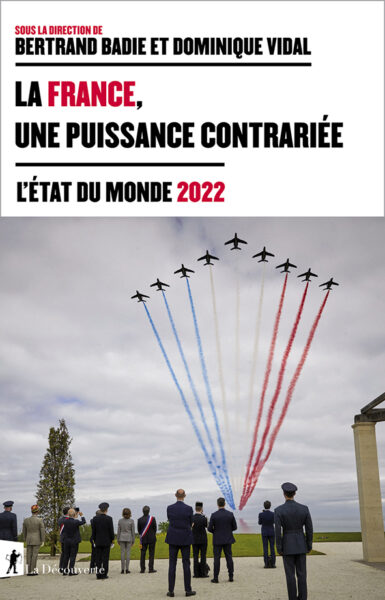The Roman Catholic Church -with a billion followers, the world’s largest faith community -is stepping up its efforts to make an impact internationally. Jérôme Montes analyses the main forces behind Vatican diplomacy.
The Pope, he says, has a key role: his perception of the world determines the behaviour of his Church, which must continue to spread its influence but also, in a more recent development, wield greater political authority. The Pope must therefore be involved on all fronts and give direction to his pontificate.
The job of the Vatican diplomatic service is to make his views heard abroad. Radios, newspapers, television stations and the Internet are all used to spread the Pope’s influence. In addition to the media, the Pope’s travels have a strong political dimension and give him an international platform to express his opposition to racism, injustice and conflict.
As well as normal diplomatic channels, the Vatican also relies on new networks of a wide range of non-governmental actors whose mission is to defend human rights in the Pope’s name, and who provide a fitting means of developing informal diplomatic links until such time as the Vatican can be fully integrated into the United Nations Organization. Lastly, the Church is keen to foster the ecumenical movement and inter-faith dialogue, and this must remain an important branch of Vatican diplomacy.
Montes concludes that the next Pope will have to redefine the Church’s position in the world and, like John Paul II, will have to be a travelling pontiff, visible internationally and able to capture the attention of the world media if he wishes to tackle the challenges of modern times and the rise of fundamentalist movements.
La diplomatie vaticane à l'aube du XXIe siècle
Cet article fait partie de la revue Futuribles n° 284, mars 2003



